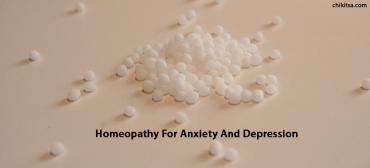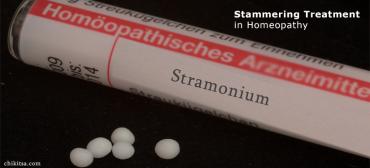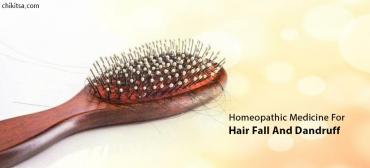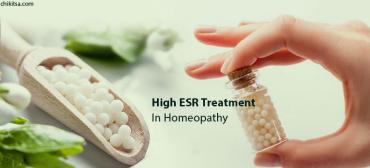How Does Arnica Work?
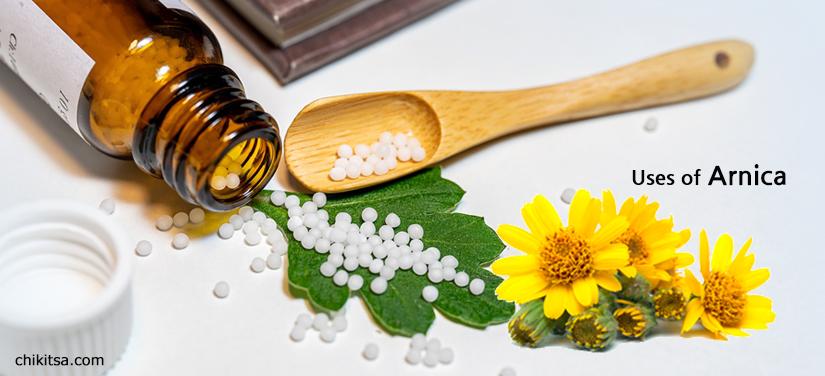
The Homoeopathic system of medicine was found and developed on the law of similars and other natural laws of healing. It is being practiced worldwide in about 80 countries. Homeopathy has gained immense popularity and has garnered much attention by virtue of its medicines being safe and non-toxic and free from side-effects.
In Homoeopathy, medicines are proved on healthy human beings. Homeopathic treatment of any illness is carried out on the concept that disease-producing powers of a drug are its disease curing powers.
To date, more than 4000 homeopathic remedies have been proven and are being used extensively by homeopathic physicians worldwide. One such frequently used homeopathic remedy is Arnica.
Arnica- The Plant Of Healing
Arnica has been an extremely important part of the homeopathic materia medica for centuries. It has proven its efficacy in the management of more than 60 different illnesses. Arnica was first used in hospitals in 1785 for the treatment of vision loss due to a condition called amaurosis.
Arnica possesses a wide range of medicinal properties. The flowers of arnica have proven properties like an antibiotic, anti-inflammatory, anti-platelet, immuno-modulatory, anti-rheumatic, and analgesic.
Some uses of arnica that have been documented are;
- It has been used both internally as decoctions and as an external application in the form of lotions, ointment, or poultice for curing osteoarthritis, chronic venous insufficiency, and alopecia.
- The extract of arnica, when blended with one or more pharmaceutical agents like menthol, camphor, or eucalyptus oil reduces inflammation.
- Another study reported that the use of arnica locally as an ointment prevented after-effects of surgery, trauma, or laser treatments like scars and hematoma and promotes faster healing of surgical wounds.
- Arnica is useful to promote healing, improve circulation and relieve pain in inflammatory diseases.
- Roots of the Arnica plant contain thymol which has anti-oxidant and fungicidal activities. It is also used as a flavoring agent in foods and beverages.
- It has been documented that leaves of arnica can be used to treat ailments like abdominal pain, cough, headache, cuts, contusions, hematoma, and rheumatism.
- The commonest use of topical arnica application is for the management of hematoma as it is useful in preventing coagulation of blood.
- Alcoholic extracts of arnica flowers are used in the form of syrups, ointments, and tinctures for the treatment of inflamed joints, tendons, skin, and injuries among cattle, goats, horses, and sheep.
How Does Arnica Work?
Arnica contains more than 100 active therapeutic agents. Some important therapeutic agents are;
- Helenalin
- Dihydohelenalin
- Flavonoids
- Carotenoids
- Phenolic acids
The utility of arnica has been explored and proven by several research studies for its properties as;
1. Anti-Inflammatory
Arnica is proven to improve musculoskeletal healing in cases of arthritis or within 24-48 hours of an accident or an injury. The essential oil derived from the root of the arnica plant is reported to have anti-inflammatory properties.
2. Anti-osteoarthritis Activity
Helenalin and its esters increase the functional capacity of hands and reduce the duration as well as the intensity of pain, morning stiffness, and also the number of painful joints
3. Immune-modulatory Activity
The polysaccharide content of arnica flowers shows potential immune-stimulating properties.
4. Anti-microbial Activity
Arnica shows antimicrobial activity against streptococcus organisms. Thymol derivatives present in the roots of the arnica plants have bactericidal and anti-fungal activities.
5. Anti-osteoporotic Activity
Flavonoids of arnica in combination with a specific dose of calcium assist and enhances calcium absorption by the body.
6. Improves Circulation
Arnica relieves signs and symptoms of illnesses related to restricted blood flow to nerve endings and limbs.
7. Increase In Respiration
Studies on animal models demonstrated an increase in frequency and volume of respiration by 35% and 43% respectively.
8. Ionotropic Activity
This has been demonstrated in animal models. Also, a human study proved that internal use of arnica three times a day improves mild weakness of the heart and angina pectoris.
9. Anti-oxidant Effect
Anti-oxidant and protective effects of arnica can be attributed to the presence of flavonoids and phenolic compounds.
10. Hepatoprotective Activity
Phenolic compounds of arnica help to improve bile and bilirubin formation by the liver and eliminate cholesterol.
11. Anti-hair Loss Activity
In 2012, a study concluded that arnica used in combination with aqua ammonia in herbal preparations promotes hair growth and improves the strength of hair.
12. Anti-platelet Activity
In 2009, a study proved that phenolic compounds and hexauronic acids present in arnica were responsible for anti-coagulation activities.
13. Analgesic Activity
Arnica has a marked effect on wound healing.
14. Anti-cough Effect
Arnica in 6C shows marked effects against esophageal reflux which is responsible for producing cough.
Anti-hemorrhagic Activity
Arnica is proven to have an anti-hemorrhagic effect in women of 20-35 years of age with a marked reduction in postpartum blood loss (blood loss after child delivery).
There are plenty of studies to prove that this plant is loaded with plenty of health benefits. It is primarily used as a "trauma remedy" but the remedy has a lot more to offer than just management of bruises, contusions, and hematomas.
Since homeopathic medicines act on a deeper level, a similar effect can be seen when arnica is indicated. It is not only useful for the bruised body, but also for the bruised soul or a person who does not forget the pain.
How Fast Does Arnica Work?
One of the most frequently asked questions is how fast does arnica cream works or how fast does arnica medicine work?
The answer to this is - It entirely depends upon every individual person's bodily reaction to the medicine. While some people may notice results within a few days of the use of medicines or the cream, others may get results even later.
This is the sole basis of the homeopathic system of medicine - Which is that it works on individuality if a certain medicine suits the person and if it is prescribed in an accurate potency and dose, the results will be visible sooner.
Also, in long-standing cases where pathological changes have taken places such as osteoarthritis, rheumatoid arthritis, and chronic heart diseases, the medicine will simply relieve symptoms as such disease processes are irreversible.
Conclusion
Arnica is the best-known homeopathic medicine that is available to the general population in the form of liquid medicines in various potencies, tinctures, ointments, lotions, hair oil, shampoo, and creams.
Although homeopathic medicines do not require any specific prescription and can be purchased easily from homeopathic pharmacies, it is always a safer option to consult a qualified homeopathic physician to get a tailor-made dosage. Arnica can also be used safely with other medications


